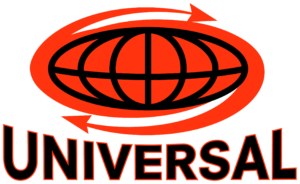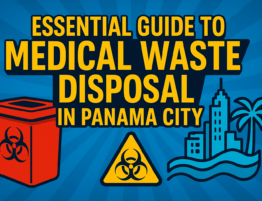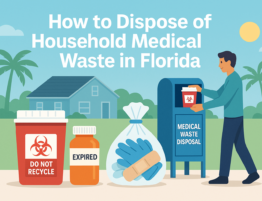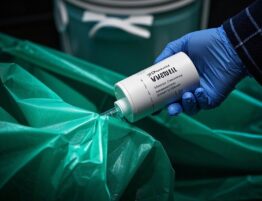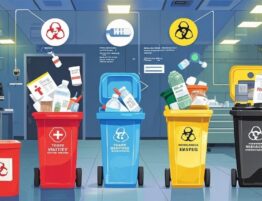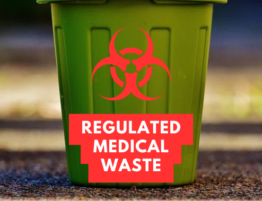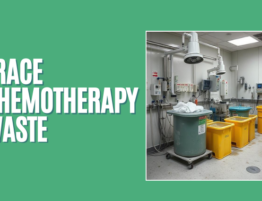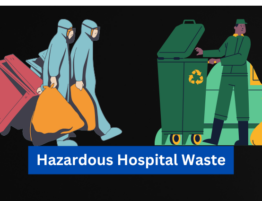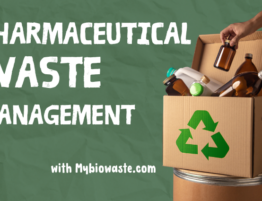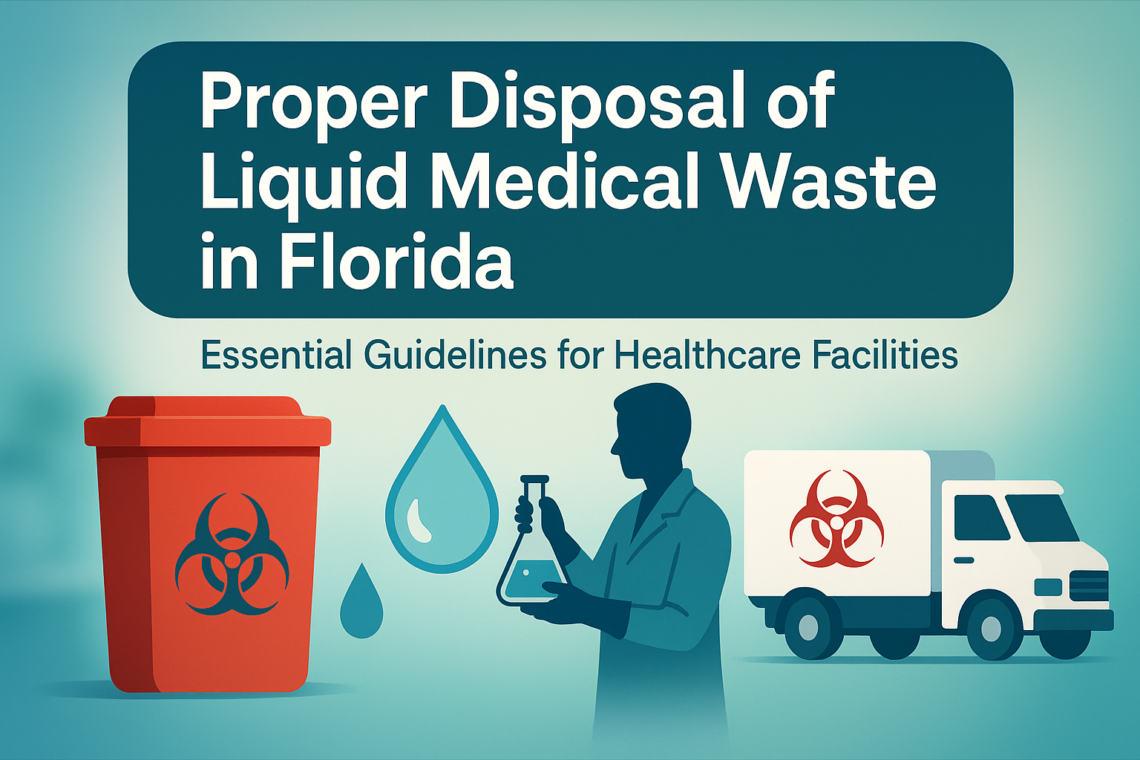
Proper disposal of liquid medical waste is not only essential for public health but also a legal requirement in Florida. Whether you run a hospital, clinic, or laboratory, knowing the right procedures helps prevent contamination and ensures environmental safety. In this article, we’ll break down how to dispose of liquid medical waste in Florida, step by step, using simple terms. We’ll also answer common questions and guide you on best practices.
What Is Liquid Medical Waste?
Liquid medical waste includes fluids generated during medical or laboratory procedures. This waste can be blood, body fluids, or contaminated liquids from surgeries or lab tests. It’s not the kind of waste you can pour down the drain. Improper disposal could lead to infections, environmental harm, or fines from state agencies.
So, what are 5 examples of liquid waste? Common ones include:
-
Blood and plasma
-
Urine and other bodily fluids
-
Chemical disinfectants
-
Lab reagents and test fluids
-
Fluids from surgical drains or suction devices
All of these must be managed correctly to avoid health hazards and stay in compliance with Florida regulations.
How Do You Dispose of Liquid Waste?
Florida’s Department of Health has strict rules on how to dispose of liquid waste. The first step is to determine whether the waste is hazardous, infectious, or non-infectious. Liquid waste that contains pathogens, such as blood or body fluids, is classified as biomedical waste.
Once identified, the waste must be stored in leak-proof, labeled containers. You cannot throw this waste in the regular trash or pour it into sinks or toilets. Instead, it must be treated and disposed of through approved methods like chemical disinfection or incineration.
How Do You Dispose of Liquid Biomedical Waste?
So, how do you dispose of liquid biomedical waste? In Florida, this involves a few clear steps:
-
Segregation: Keep liquid biomedical waste separate from solid waste. Use red or yellow biohazard containers.
-
Storage: Store waste in durable, puncture-resistant containers with secure lids.
-
Labeling: Containers must be clearly marked with the biohazard symbol and labeled with the facility’s name and date.
-
Transportation: Only certified biomedical waste haulers can collect and transport this waste.
-
Treatment: Waste must be treated through incineration, autoclaving, or chemical disinfection before final disposal.
You can refer to hospital waste color coding to understand which colors are used for different types of medical waste.
How to Dispose of Liquid Waste in the Lab?
Laboratories also generate various types of liquid waste, especially during testing and research activities. Knowing how to dispose of liquid waste in the lab is crucial for lab technicians and facility managers.
First, identify the type of waste chemical, biological, or radioactive. Each has its own disposal requirements. For example, biological waste like cultures or fluids containing pathogens must go into designated biohazard containers. Chemical waste like solvents or reagents should be stored in containers made from compatible materials and labeled accordingly.
Never mix different types of liquid waste in one container. This could cause dangerous reactions or violate disposal regulations.
How Is Liquid Waste Removed?
Ever wonder, how is liquid waste removed? In Florida, licensed medical waste disposal companies handle this process. Once collected, the waste is transported in secure, DOT-approved vehicles. Depending on the waste type, it is then treated using one of the following methods:
-
Incineration: Burns the waste at high temperatures to destroy all pathogens.
-
Autoclaving: Uses steam and pressure to sterilize the waste.
-
Chemical treatment: Neutralizes hazardous elements using disinfectants or neutralizers.
After treatment, the now-safe waste may be disposed of in approved landfills or sewage systems, as per regulations.
What Are the Methods of Disposing Waste?
You may ask, what are the methods of disposing waste? In general, waste both solid and liquid can be managed using the following:
-
Incineration – Burning waste at high temperatures.
-
Autoclaving – Sterilizing waste with steam and pressure.
-
Chemical Disinfection – Using chemicals to destroy harmful agents.
-
Encapsulation – Sealing waste in containers for landfill disposal.
-
Sewer Disposal – Only for non-hazardous liquids that meet safety standards.
For how to dispose of liquid medical waste in Florida, the state only allows approved methods for each waste type. Never try to improvise or take shortcuts. Doing so can lead to hefty fines or shutdowns.
Florida Regulations You Must Follow
In Florida, facilities that generate biomedical waste must comply with Chapter 64E-16 of the Florida Administrative Code. This law covers everything from container requirements to transport and treatment. The state may conduct surprise inspections to ensure compliance.
Your staff must be trained in handling, labeling, and storing biomedical waste. Documentation is also key keep records of how and when the waste was disposed of, including manifests from certified haulers.
If you’re unsure, working with a licensed disposal company is the best way to guarantee full compliance and safety.
Why Proper Disposal Matters
Improper disposal of liquid medical waste can have serious consequences. It can harm the environment, contaminate water sources, and spread diseases. In healthcare settings, it increases the risk of exposure to dangerous pathogens.
It’s not just a health issue it’s a legal one too. Facilities that don’t follow the rules may face fines, license suspensions, or even criminal charges.
Knowing how to dispose of liquid medical waste in Florida helps protect your patients, your employees, and your business.
Safe Waste Disposal
Managing liquid medical waste on your own is not just challenging it’s risky. That’s why partnering with a trusted expert like MyBioWaste is a smart move. They are fully licensed in Florida and specialize in safe, compliant, and cost-effective medical waste disposal services.
Their team helps you stay up to code and offers training, documentation, and pick-up services tailored to your facility’s needs. Whether you run a hospital, clinic, lab, or dental office, they’ve got you covered.
Call MyBioWaste Today
If you’re still wondering how to dispose of liquid medical waste in Florida, don’t wait for a problem to happen. Contact MyBioWaste for expert service and peace of mind.
Phone: 855-276-9246
Email: info@mybiowaste.com
Address: 4459 Industrial Park Rd, Green Cove Springs, FL 32043
Stay compliant. Stay safe. Trust MyBioWaste.
